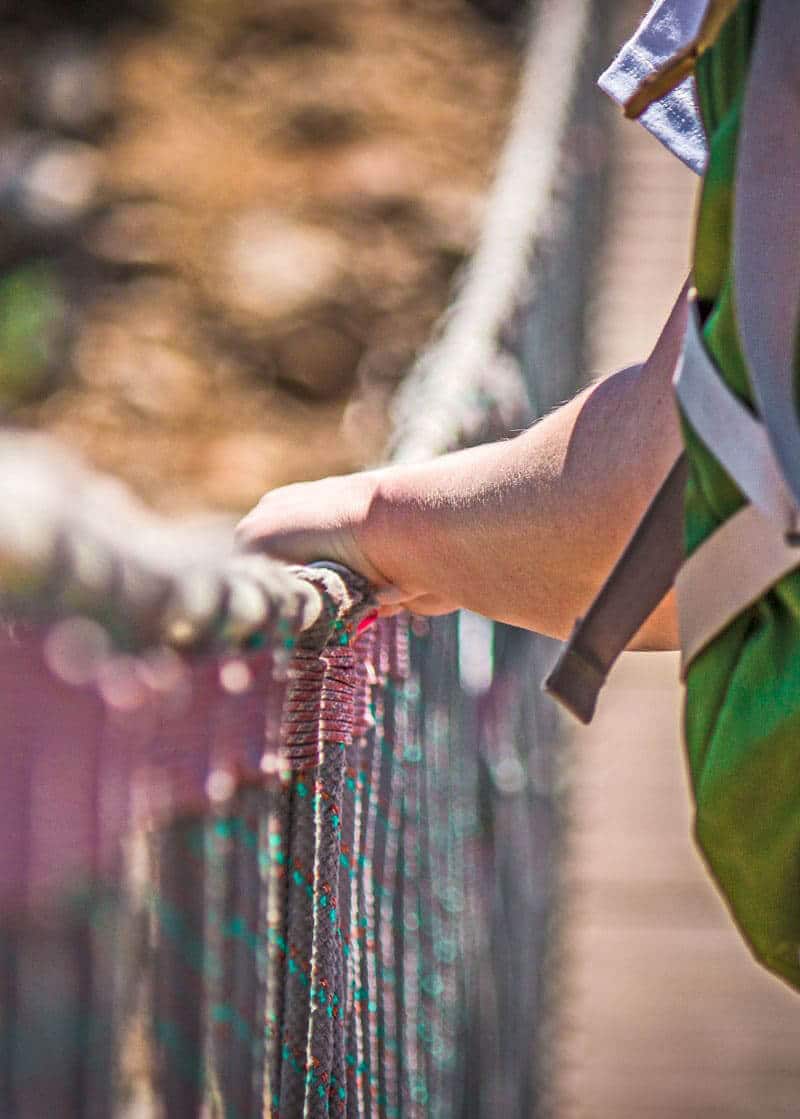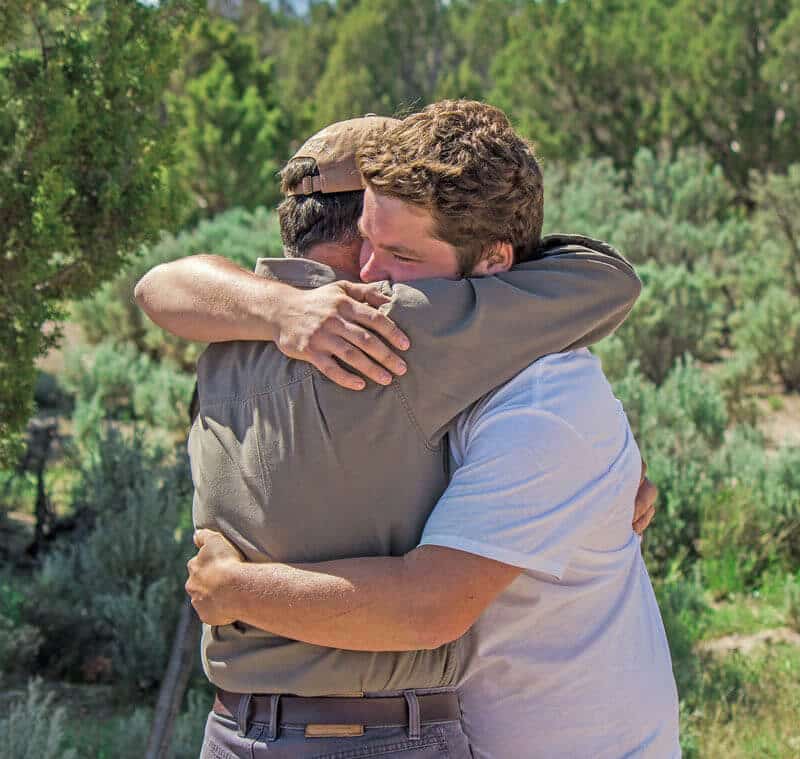
Residential Family Treatment Program
Parents play an active role in the treatment process. They are directly involved in developing treatment plans and are presented with new therapeutic opportunities.
At ThreePeaks Ascent, young people attend both individual and group therapy sessions. They also experience weekly family therapy sessions. This professional guidance helps teens and their families to come together while they are physically distant.
When teens leave behind everything familiar, it breaks them free from the patterns of behavior that may have been holding them back. In an entirely new environment, the absence of familiarity makes it difficult to rely on unhealthy behaviors as a crutch. Instead, something remarkable often happens – entering a novel environment becomes a catalyst for teens to re-engage in healthy psycho-social development. The unfamiliar surroundings, coupled with the support and guidance provided, create an environment where positive change can flourish. It is in this space of newness and exploration that teens have the opportunity to break free from their old ways and embrace a fresh start.
Learn More:
Nature-based Residential Treatment Promotes Change in Family Dynamics
Nature-based residential treatment not only focuses on the individual teen but also recognizes the vital role of family dynamics in the healing process. At ThreePeaks Ascent, we understand that the well-being of a teen is intricately connected to the overall family system.
Through our nature-based residential program, we create an environment that promotes positive change and growth within the family unit. While teens engage in immersive nature-based activities and therapy sessions, parents actively participate in weekly family therapy calls. These calls serve as a platform for open communication, addressing concerns, and working together toward healing.
By involving parents in the therapeutic process, we aim to strengthen family bonds, improve understanding, and equip families with the necessary tools to support their teen's recovery journey. Our nature-based residential treatment program goes beyond individual healing and extends its transformative power to the entire family, fostering lasting positive change and healthier family dynamics.
Parents cannot fail to notice the change in family dynamics. When teens learn new coping skills and self-efficacy, then the entire family benefits.
Family Therapy at ThreePeaks Ascent is Different
Family therapy at ThreePeaks Ascent is different from other residential treatment programs. Teens and their family members take part in a unique treatment called Narrative Family Therapy.
While young people participate in experiential education activities in Utah's high desert, they meet with family members weekly during a family therapy phone call or video conference and via narrative writing assignments and letters at least once a week. These therapy sessions focus on repairing family systems. Teens, parents, and others examine family dynamics. They look at what is and is not working in their family system.
Often families have stories about why some family members are struggling. Sometimes, these are victim stories that focus on placing blame. Family Narrative Therapy focuses on not finding victims or heroes. Instead of identifying any one person as being the problem, situations are reframed so that problems are the problem. Rather than being in adversarial positions, family members become team members. They use teamwork to solve problems together.
Additional Reading:

Communication During Treatment
Like the treatment plans, the ways that parents and teens communicate during treatment is unique. However, there are some common patterns.
What Happens After Treatment?
Short-term residential treatment is a transformative experience for teens and their families. Parents and guardians can witness some of these changes during the graduation ceremony. During this ceremony, families and teens reunite and celebrate the growth they have experienced.
However, the graduation ceremony does not mean that treatment is at an end. Some teens return home and receive treatment in their community. Other teens move on to less restrictive programs.
Regardless of what happens, teens who have completed our nature-based treatment program are primed to make more significant therapeutic progress in less time than those who took part in other forms of treatment.

Every teen's strengths and challenges are different. Complete the no-obligation assessment below to help us understand your family's needs.
We respect your privacy. We will not share your information.
We're here to help - take the first step and contact us to see if short-term residential treatment could be the path to healing for your family.

